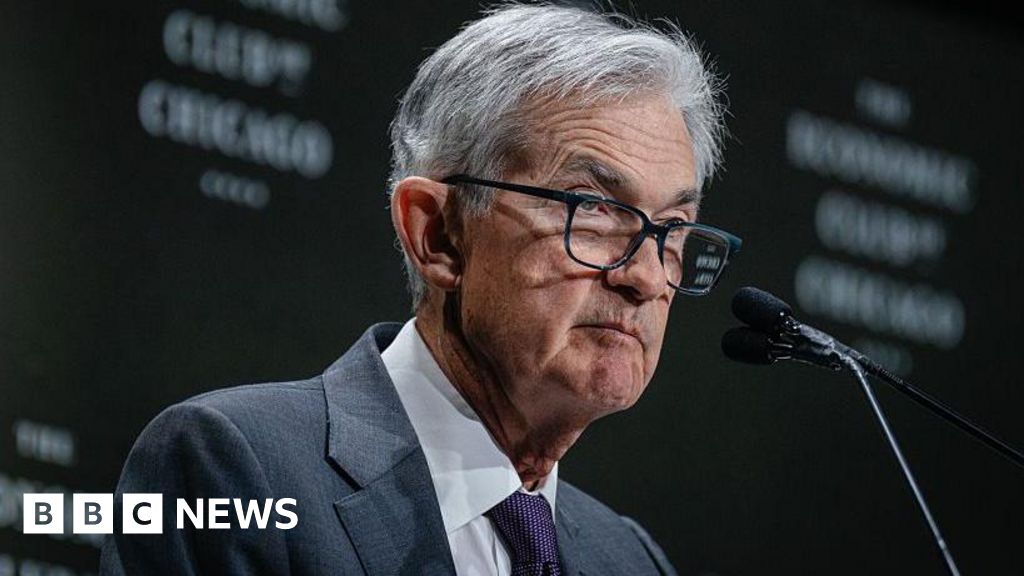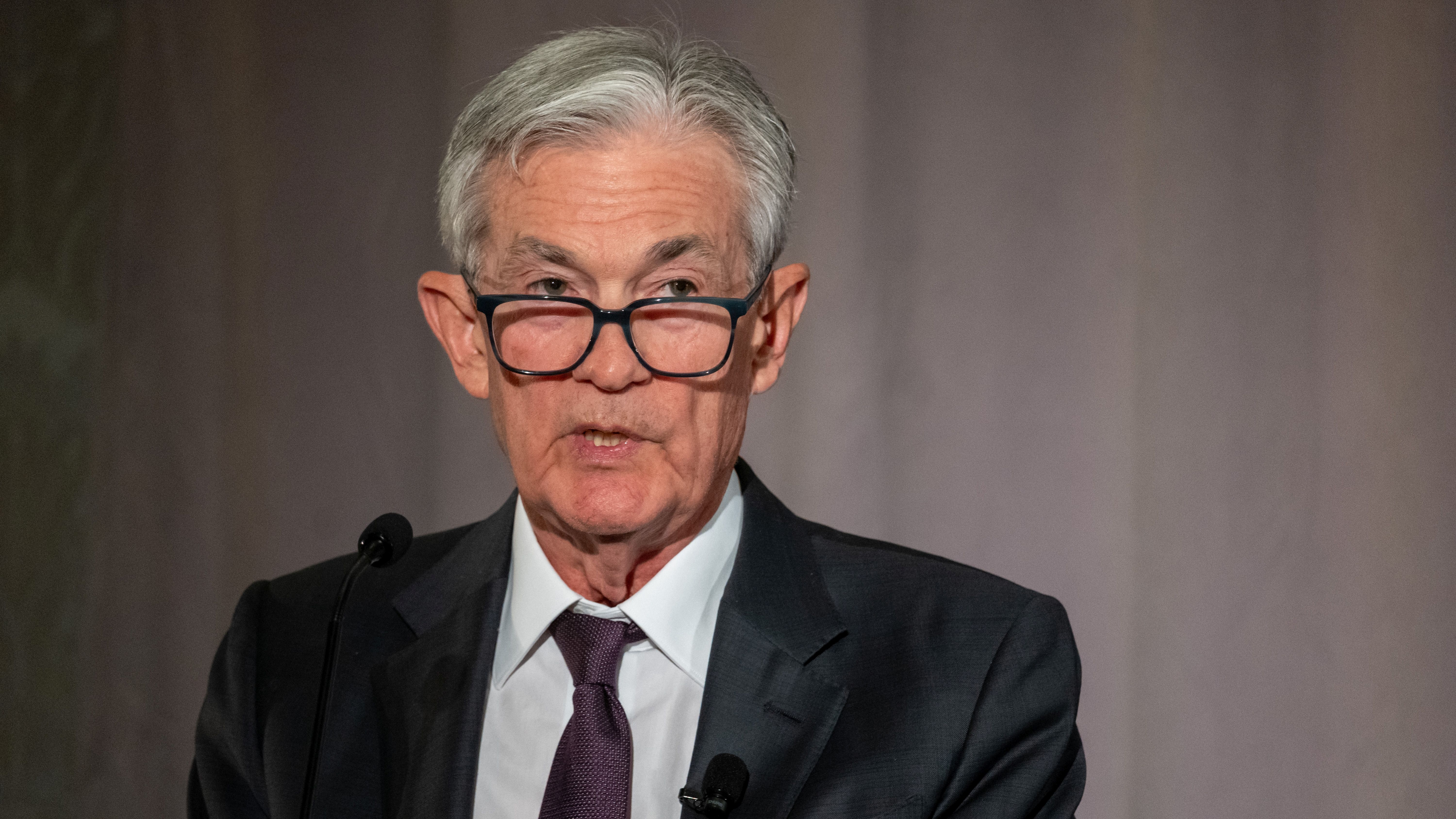Tariffs Will Impact US Economy and Drive Prices Up, Warns Federal Reserve Chair

In recent remarks that are likely to resonate with both consumers and investors, Jerome Powell, the chair of the Federal Reserve, has issued a stark warning regarding the impact of new tariffs on the U.S. economy. According to Powell, these import taxes, recently announced by President Donald Trump, are set to have a more substantial effect than the Federal Reserve had previously anticipated, exceeding even the upper limits of their estimates. This development comes amidst a period of notable volatility in global stock markets, as investors react to the introduction of these trade tariffs and the intensifying trade war between the United States and China.
In his address, Powell highlighted that surveys conducted among both households and businesses have revealed a significant decline in confidence regarding the economic outlook. This downturn in sentiment is largely attributed to the uncertainties surrounding the newly implemented tariffs. Since taking office, President Trump has actively fueled a trade conflict by instituting a 10% tax on a wide array of imported goods, affecting countries across the globe. Additionally, the situation has escalated with China, where tariffs have reached staggering heightsup to 145% on certain Chinese imports, although smartphones have received some exemptions.
In retaliation, China has responded with its own set of tariffs, imposing a 125% tax on various U.S. products. The White House recently indicated that when the new tariffs are combined with existing ones, the levies on some Chinese goods could soar to 245%. Powell expressed his concern, stating, The level of the tariff increases announced so far is significantly larger than anticipated. The same is likely to be true of the economic effects, which will include higher inflation and slower growth. While President Trump has maintained that these tariffs will bolster U.S. manufacturing and create jobs, the immediate reaction from stock markets has been one of anxiety and instability.
Powell further emphasized that the ramifications of the Trump administration's changes to trade policiesalong with shifts in immigration, fiscal policy, and regulatory practicesremain highly uncertain. This uncertainty raises important questions about the long-term implications of such aggressive trade measures and their potential to disrupt the broader economy.














